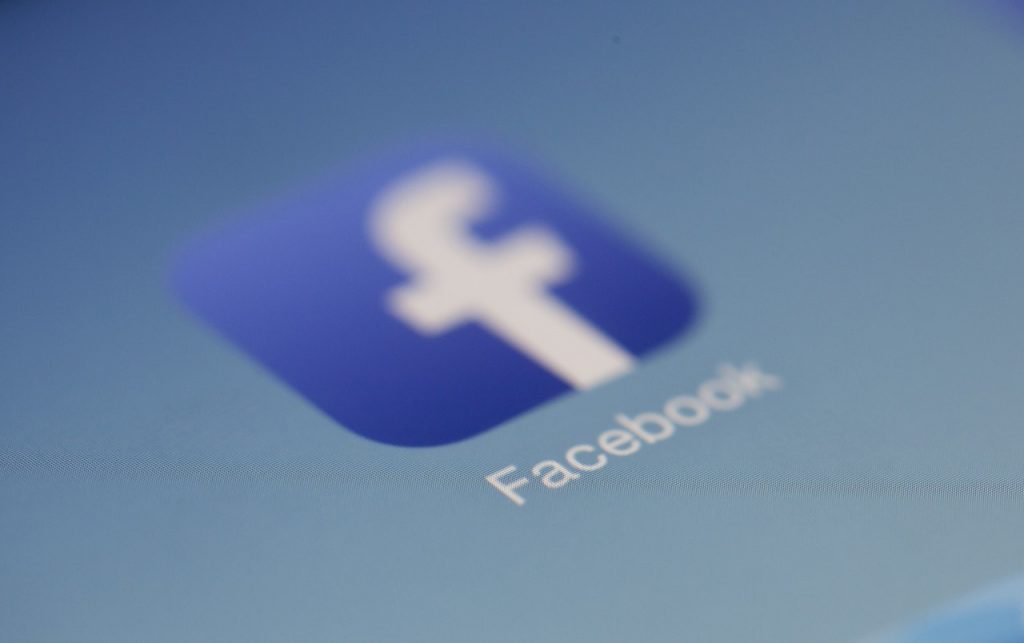
As users everywhere scramble to secure their Facebook privacy, reading various “how to” posts for keeping profile data private, it makes sense that leaving Facebook altogether would cross their minds. Heck, I’ve considered it myself. But there are various reasons why I’ve decided not to do that. Although the case may be different for each user, the Cambridge Analytica scandal, during which an app was used to deceptively harvest personal information from over 80 million Facebook users, should not necessarily lead to deletion. Here are seven reasons why you shouldn’t delete your Facebook account.
1. It’s a Digital Scrapbook of Your Life (Or Business)
Whether you’re a business owner or just an individual user, it’s a lot easier to say you’re going to delete something that contains the history of your entire online existence than actually following through. From major milestones to memorable photos, it’s nearly impossible to go through and delete everything, whether it’s because of emotional or time-consuming technological reasons. Yes, you may have Instagram and Snapchat, but everything started with Facebook, and it’s very unlikely that at some point, you transferred every single media memory over to one of these two other platforms.
Additionally, Facebook has a nice way of commemorating relationships, anniversaries, and milestones in a creative and organized fashion. For those of us who have too much of a hectic lifestyle to sit down and organize large photo albums, Facebook is a perfect digital scrapbook that even has a timestamp so you can look back at what you were doing in the good ol’ days.
2. You’ll Miss Out on Personalized Experiences
Although we want most of our personal information to be kept private, I’d be lying if I said I don’t enjoy the occasional ad customized just for me. Which means, of course, that advertisers out there have access to at least some of my personal information. For example, I’ve recently decided to darken my hair color. As I was considering my color options, lo and behold a Madison Reed ad popped up with a quiz prompt to identify my “perfect shade.”
From a digital advertising perspective, you want to give users that personalized experience. Users respond well to it, increasing the likelihood that they’ll click on an ad. (Yes, I took the Madison Reed quiz.)

3. It’s Family Friendly
Research has shown that older demographics use Facebook more to stay in touch with their younger relatives, as well as with each other. Even if younger users are using Instagram and Snapchat more to network with friends, they may more often than not use Facebook to connect with family. Personally, I use Facebook to stay connected with my parents, grandparents, aunts, and cousins. (Does that mean once in a while my grandma posts a super long comment on my timeline? Well, yeah…)
Looking again from an advertising perspective, you can market family products on Facebook to reach this audience. For instance, maybe you are marketing a sweet family discount on late-night bowling. Or a special family package for a hotel room at a vacation hotspot.
4. It’s Community Friendly
From joining Facebook groups that share your interests to making local transactions through Marketplace, you have boundless opportunities to connect with either your local community or online communities. Additionally, Facebook now offers Community Boost, a program that offers training in digital skills to small businesses and community organizations.
5. Even If You Delete Everything, Chances Are Some Data Is Still There
As they say, it’s never actually “gone.” Your online data, as hard as you may try to delete every last bit of it, will likely still exist somewhere. Plus, even if you delete your Facebook account, misusers can still target your data contained in your other social media accounts. Unless you’re really up for deleting all of your social media, deleting Facebook really won’t do much one way or the other.

6. We’re Wiser Now
Now that we’ve had the learning experience of Cambridge Analytica, we’ve become smarter. We know now that we need to diligently make our information more private to protect it from misuse. By becoming more informed users, we not only have the advantage of better protecting ourselves, but we can also improve our digital knowledge and skills overall.
7. Facebook Is Working Harder Than Ever
Throughout all the negative headlines, including not only Cambridge Analytica, but also the Russian troll accounts that distributed politically divisive ads during the 2016 US presidential election, Facebook has released one update after another. Updates that improve online protection of data and fight misuse. For instance, the network recently announced updates for increasing transparency across all ads and pages. Also, Facebook is now including extensive photo and video fact-checks to boost security for this year’s US midterm elections. To top it all off, Facebook has even said it will inform each user whether their information was harvested by Cambridge Analytica.
Overall, Facebook has been demonstrating its good intent to prevent misuse of our data and give us the resources we need to better protect our information going forward. Yes, the Cambridge Analytica scandal gave us a justifiable cause for concern. But I personally feel much safer about the Facebook we’re going to get after the dust has cleared.
